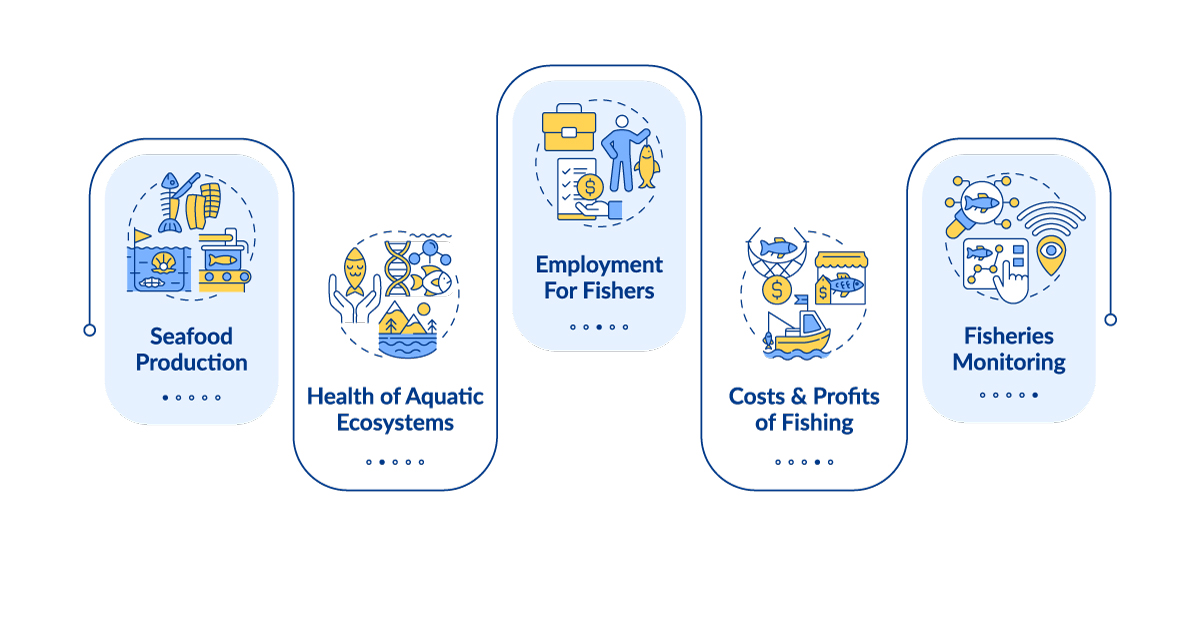Reimagining U.S. Fisheries: From Crisis Management to Sustainable Growth
About the project
U.S. fisheries represent a vital component of the national economy, generating more than $321 billion annually. [1] Yet, beneath this economic strength lies a sector under mounting strain. Climate change is warming oceans and shifting stock patterns. Regulatory structures, designed for a different era, often leave decision makers managing crises instead of shaping long-term, sustainable strategies. The result: short-term fixes that provide temporary relief but do little to address structural vulnerabilities.
These challenges, however, create an opening. Few industries encapsulate the intersection of ecological dynamics, economic imperatives, and political decision-making as clearly as fisheries. With the right tools and processes, leaders can transform these pressures into opportunities by building systems that rely on real-time data, enable multi-agency collaboration, and support practices resilient enough to withstand environmental and economic change.
At The Parnin Group, we are committed to helping leaders capture this opportunity. With deep expertise in regulated sectors, confidential data governance, and cross-disciplinary collaboration, we guide clients toward a more adaptive, efficient, and collaborative workforce. Our experience in fisheries management equips us to design flexible practices that respond to today’s environmental pressures while preparing for tomorrow’s demands.
To move from reactive firefighting to sustainable impact, we see several actions fisheries leaders can prioritize:
- Survey and engage staff to build a culture of shared accountability
- Analyze and evaluate systemic problems rather than isolated symptoms
- Streamline roles and responsibilities across agencies and partners
- Map procedural workflows to identify redundancies and inefficiencies
- Evaluate and modernize policies to reflect current challenges
- Leverage technology to close data and communication gaps
- Establish consistent systems for transparent, high-quality data collection
- Plan proactively for shifting environmental conditions
Taken together, these steps can help leaders shift from reactive responses to resilient, forward-looking governance. The goal is not only to safeguard fishery resources but also to strengthen the long-term performance of an industry essential to both the U.S. economy and global food security.
[1] https://www.fisheries.noaa.gov/national/sustainable-fisheries/status-stocks-2023?


